Nature reports
Page 4 of 36 - 358 Results
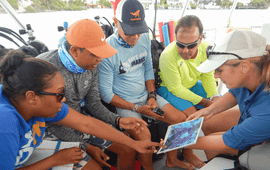
MPAConnect and the Atlantic and Gulf Rapid Reef Assessment presented their latest efforts on capacity building for coral restoration during the Reef Restoration Workshop hosted on Bonaire in June. The goal of their project is to..
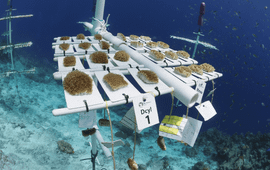
Aruba, Bonaire, Curaçao, Saba, St. Eustatius, and St. Maarten have each taken unique and proactive measures to address the challenges facing their reefs. The restoration efforts by local nature conservation organizations were..

Animals lose dander, mucus and hair that end up in the air. Would it be possible to collect and analyse those traces to map local biodiversity? This was the main question of a Danish research team. The team placed an air sampler..
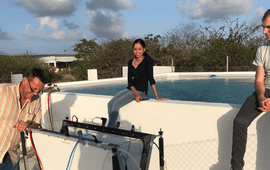
Microalgae have recently emerged as a promising renewable resource due to their versatility and environmental benefits. Research from the island of Bonaire has shown that microalgae, specifically the green alga Picochlorum sp.,..
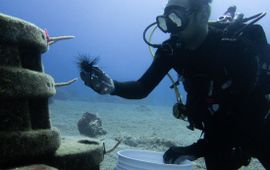
The Dutch Caribbean is making significant strides in coral reef restoration through innovative approaches to restoring invertebrate herbivores. This is presented by Alwin Hylkema of Van Hall Larenstein University of Applied..
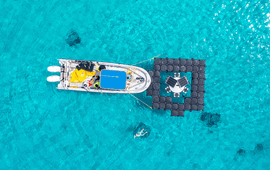
The RoffaReefs programme of the Rotterdam Zoo, founded by Sander van Lopik, presented its groundbreaking work in reef restoration during the DCNA Reef Restoration Workshop. RoffaReefs has been developing a sustainable breeding..
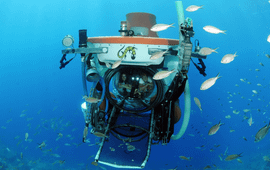
A recent scientific study has shed light on the remarkable and little-known ecosystems thriving in the mesophotic reefs of the Dutch Caribbean. Researchers explored these 'Twilight Zone' reefs, located at depths of 30 to 150..
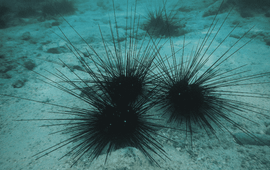
A recent study explored the settlement patterns of the Long-spined black sea urchin around the island of Saba. This research is vital for understanding how to restore coral reefs in the region, which have been significantly..
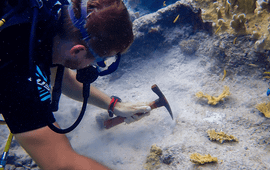
Reef Renewal Foundation Bonaire (RRFB) showcased their groundbreaking efforts in coral restoration during the DCNA Reef Restoration Workshop held in June 2024. Led by Francesca Virdis, Managing Director of RRFB, the presentation..
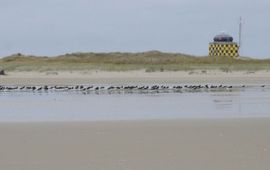
Oystercatchers will decline by 56 to 79 percent on three Wadden Islands over the next hundred years. This is according to results from James Cook University in Australia which continues on previous research by the Netherlands..
